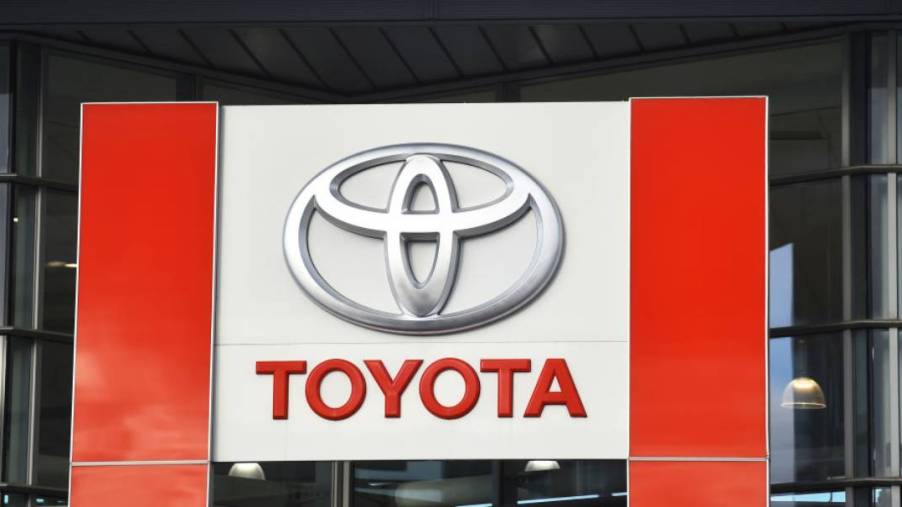
Predictions of Toyota’s Demise Just Got Stopped in Their Tracks
Toyota is one of the most well-known and best-selling automakers in the world, but the Japanese auto giant has had its fair share of critics. Those critics are right about a few issues in terms of Toyota and the company’s long-term health, but it’s still too soon to say that Toyota will crash and burn anytime soon.
Here’s a look at how Toyota’s recent numbers have put a halt on critics predicting the Japanese company’s demise.
There are good reasons to doubt Toyota’s long-term health
When it comes to the environment, a lot of people think that Toyota is eco-friendly, and in many ways, that’s true. Toyota had EVs in America years before Tesla did, and the Prius was a trendsetter in terms of hybrid cars. The issue with Toyota, however, was the fact that, after the success of the Prius, the Japanese auto giant made a bet on hydrogen cars.
Hydrogen cars are EVs, but they’re EVs that are powered by hydrogen fuel cells instead of batteries. But when Tesla came into the American car market, it became clear very quickly that battery-powered EVs were going to be the future of cars.
Since then, battery-powered EVs have easily outpaced hydrogen cars in terms of sales, and Toyota has been slow to adapt.
In fact, Toyota only introduced its first modern EV, the bZ4X, in the 2023 model year. Like many other automakers, Toyota has a plan for going electric, but unlike those automakers, Toyota has a lot of catching up to do.
This is the primary reason why critics doubt Toyota’s future. Other automakers may overtake Toyota when EVs become the norm, as it will take Toyota a while to roll out a lineup of decent EVs.
Toyota is still an incredibly profitable company right now though
That being said, Toyota’s short-term health is still looking great, according to ABC News. In the first fiscal quarter of the year, Toyota made a record $9 billion in profit. In the second quarter of the year, the auto giant was also very profitable as its net profit numbers rose by 78% compared to the same time last year.
Those profit numbers were largely because the company’s supply chain issues have eased, which allowed more cars to find its way to buyers. Toyota sold 2.3 million units last quarter, which is a significant improvement from the 2 million units that the company sold in the same time period last year.
As a result, the company’s quarterly sales rose by 24% to $74 billion, and its sales grew in major markets, such as in America as well as in Japan.
Unsurprisingly, EVs were a small fraction of Toyota’s sales last quarter. The auto giant sold 29,000 EVs around the world last quarter. That said, that’s a big improvement from the same time last year when Toyota sold only 4,000 EVs worldwide.
It’s too soon to predict how Toyota will be doing in the future
Although Toyota’s current profit numbers likely won’t mean anything for the company’s future profit numbers, it does show that Toyota is still massively successful and that it won’t go away anytime soon. The big question that has to be asked is how successful Toyota’s EVs will be compared to other automakers.
If Toyota’s future EVs aren’t competitive with their rivals, then it won’t be a surprise if Toyota stops being a popular automaker. But until Toyota and its rival automakers actually release those EVs, it’s still too soon to predict anything in regards to Toyota’s future. For now, Toyota has a lot of ground to cover if it wishes to remain a top automaker.



